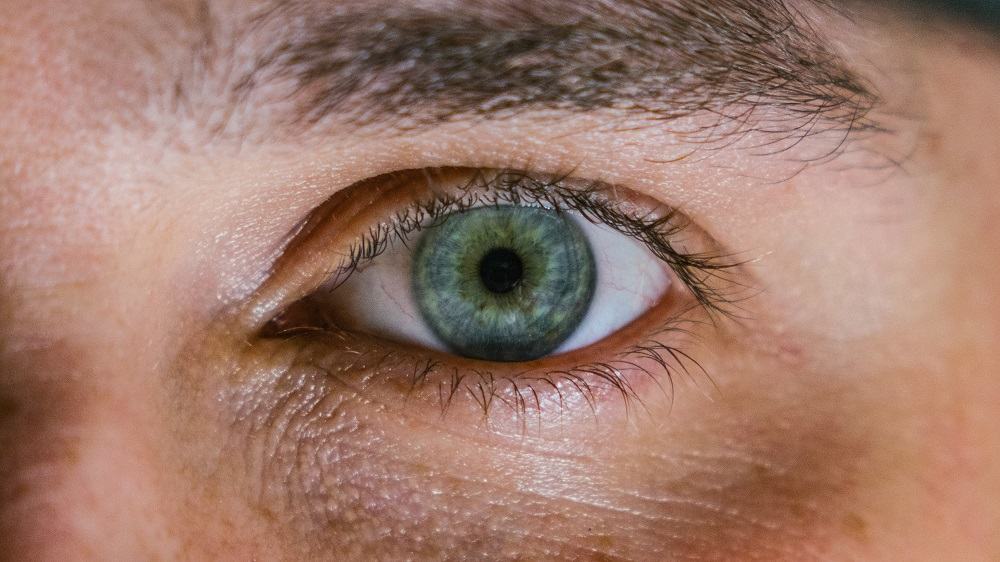When you’re diagnosed with a vision problem it’s always cause for concern. For most people, our vision only deteriorates as we age, and additional problem like cataracts or glaucoma only accelerate this process. Injuries that lead to problems such as detached retinas or damage to the ocular nerve can be either temporary or permanent. Eyesight can also be impacted by strokes. Here are five consequences of impaired vision that should motivate you to seek proper treatment.
1. Growing Depression
The most common psychological effect of vision loss is depression. Usually within a few months of being diagnosed with AMD (age-related macular degeneration) or diabetes mellitus, many patients will begin to experience chronic or recurring depression. They now face the prospect of living out their lives not only with decaying vision but the possibility of blindness. It can be important to consider treatment for depression, as well.
2. Reduced Mobility
People with progressive eye diseases may experience loss of vision to a point where even corrective lenses can no longer compensate. Failure to pass an eye exam may mean forfeiture of your driver’s license. That not only restricts personal freedom, but if there’s no other licensed driver in the household, you have to find other means of transportation. You may need to rely on neighbors, relatives, shuttle services, or public transportation to get medical care or even buy food.
3. Loss of Income
For those who are still of working age, increasing vision problems may mean the end of your value as an employee. Struggling to read printed or digital text, and inability to visualize fine physical detail often means you can no longer do your job effectively.
4. Failure to Commit to Treatment
Patients diagnosed with chronic eye disorders may come to see it as a no-win situation and adopt a fatalistic attitude that they should learn to live with it. They sometimes tend to be apathetic about using medications or following up on treatments. But it’s important to see an ophthalmologist and follow their recommendations to ensure your vision lasts as long as possible. New techniques such as surgical implants or re-grown retinas are always improving.
5. Disqualified from LASIK
It is so important to make sure that you are always taking care of your eyesight. According to the Cornea Consultants of Nashville, you have to be free of eye disease in order to be considered a good candidate for LASIK. For many, that surgery is the one miracle that allows them to see properly again. Unfortunately, though, not taking care of your eyes before a disease settles in can be highly consequential for you.
Losing your vision will seriously impact your quality of life. There are new solutions, but good nutrition and getting regular eye exams are the keys to prevention.
Emma Sturgis
Recent Posts
- Castor Oil For Better Hair Growth: Is It Myth Or Fact?
- Exploring the Differences Between Sermorelin, Ipamorelin, Ibutamoren, GHRP2, and GHRP6: Understanding Their Role in Human Growth Hormone Regulation
- Unraveling the Mystery: Understanding the Causes and Prognosis of Ventricular Tachycardia Without Apparent Heart Disease
- Understanding Grandparents’ Rights in Oklahoma: Navigating Visitation and Legal Protections
- 10 Reasons to Consider Hypnotherapy for Your Health

